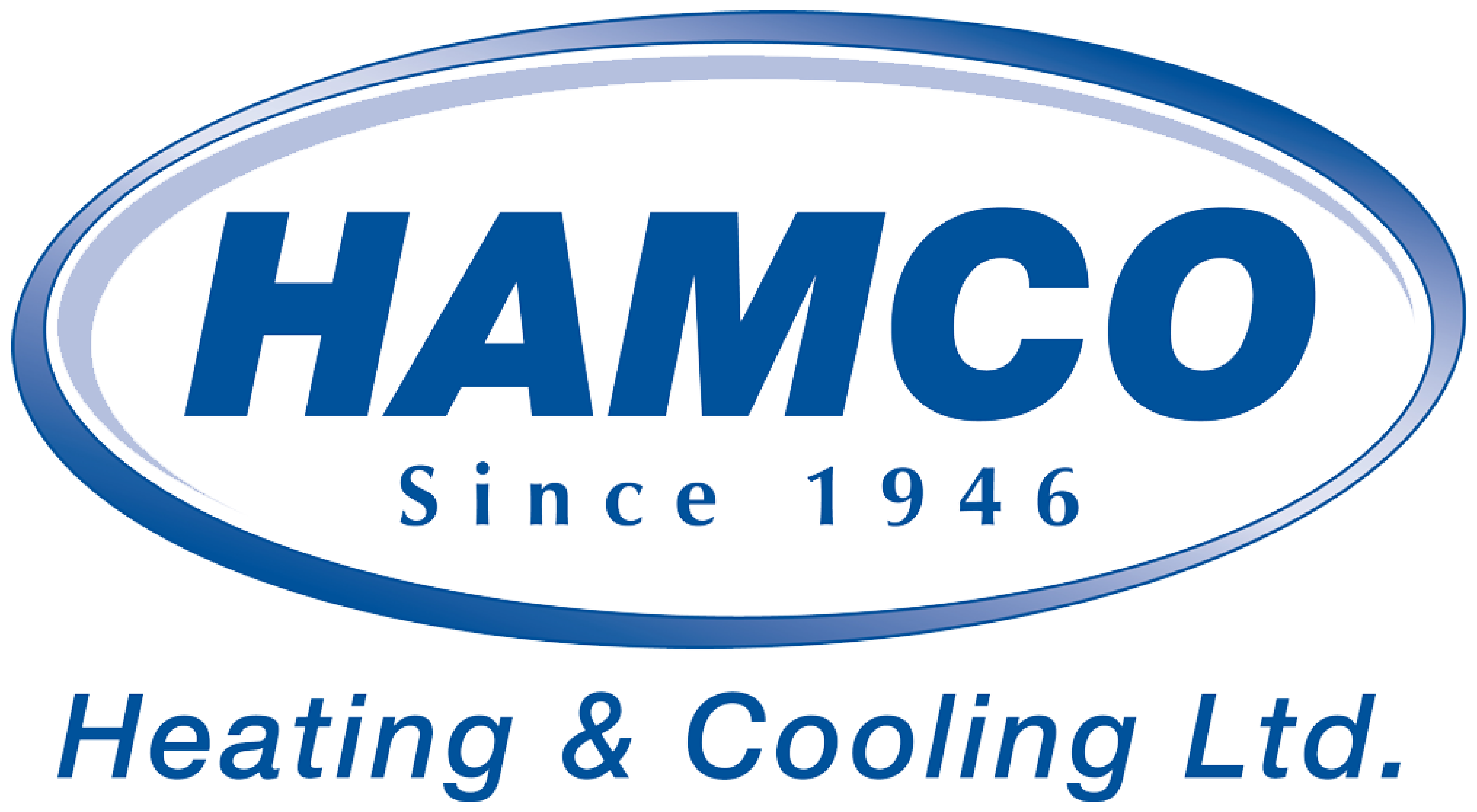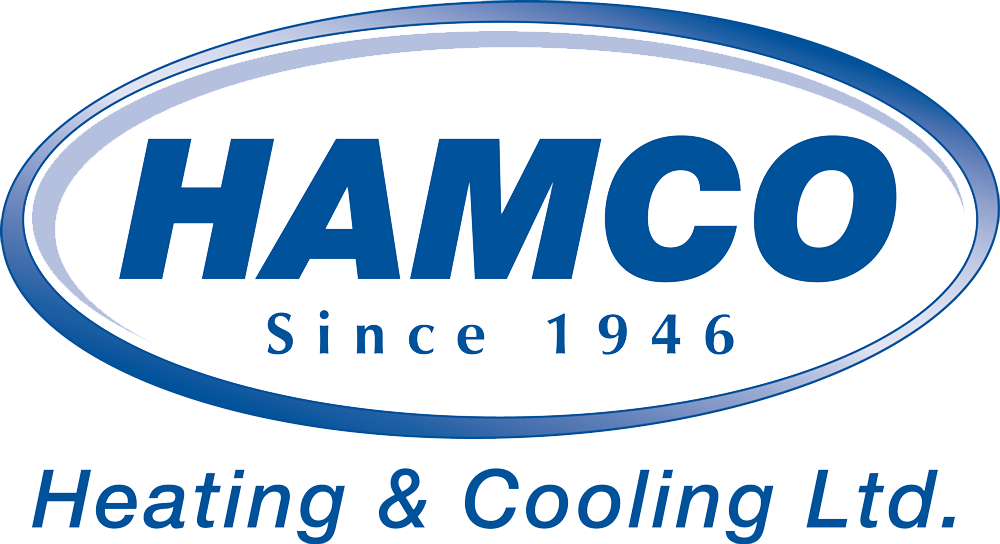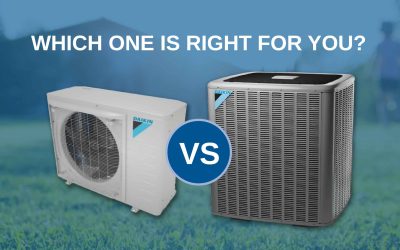HVAC FAQ
Heating
No Ductwork, No Problem! Savings & Benefits of Ductless HVAC
If you’re shopping for a new home comfort system, looking for a better solution for precise temperature control, uneven cooling or heating, or a home without ductwork, we have the answer! Traditional HVAC systems with ducts lack customization and can even be...
When should I change my furnace filter?
The furnace filter has a dirty job to do, which is why it should be changed frequently. Without a clean filter on your system, you could be breathing in more dust and allergens, but even worse your system could fail sooner than expected. A dirty filter restricts...
What you can expect when upgrading your furnace
When you are in the market for a new furnace you might have noticed something, you won’t be able to replace your existing mid-efficiency unit with another mid-efficiency unit! The laws behind the efficiency allowability of gas-fired appliances has changed, including...
What is two-stage heating?
Two-stage heating means the furnace has two levels of heat output: high for cold winter days and low for milder days. Since the low setting is adequate to meet household heating demands 80% of the time, a two-stage unit runs for longer periods and provides more even...
What are furnace ratings?
Furnaces are rated by the Annual Fuel Utilization Efficiency ratio (AFUE), which is the percent of heat produced for every dollar of fuel consumed. Like the miles per gallon on your car, the higher the AFUE rating, the lower your fuel costs. All furnaces manufactured...
What is a heat pump?
Despite its name, a heat-pump doesn’t “generate” heat. These are electrically driven systems that move heat from inside to outside to cool your home, and from outside to inside when heat is required. HOW DOES A HEAT PUMP WORK? Think of a heat pump as a heat...
Should I leave my pilot light on my fireplace throughout the entire summer?
This is a great question which gets asked all the time regarding gas fireplaces and gas inserts. The short answer is that it depends on the individual, and what they are trying to accomplish by either leaving it on or turning it off. There are functional reasons for...
How often should I have my fireplace serviced?
Gas Fireplaces need an annual inspection to keep up to snuff. This is a very important practice, which many overlook; myself included. Because gas fireplaces burn clean and are very easy to take care of, some assume that this means it doesn’t need cleaning. While it...
What is the right size furnace for my home?
Finding the right size of gas furnace for a home often runs into the Goldilocks problem — some are too large, and some are too small. Getting the right one requires a combination of knowing the proper criteria and the experience to put the information into a workable...
Do I need a new furnace?
The process to replace your existing furnace shouldn’t be a difficult one! The professionals at HAMCO Heating & Cooling Ltd. are here to answer all of your questions when it is time to invest in a new system. So, how do you know it’s time? For some it isn’t as...
Cooling
No Ductwork, No Problem! Savings & Benefits of Ductless HVAC
If you’re shopping for a new home comfort system, looking for a better solution for precise temperature control, uneven cooling or heating, or a home without ductwork, we have the answer! Traditional HVAC systems with ducts lack customization and can even be...
Heat Pump vs Central Air: Which is Right for My Home?
Heat pumps and central air conditioning are both good options when it comes to choosing a cooling system for your home. Each has its own pros and cons, which are essential to understand when making this decision. The best way to determine which is best for your home...
When should I be covering my air conditioner?
Why you DON’T need to cover your air conditioner! There are a few reasons why you don’t need to cover your air conditioner, even in the winter. The most important reason is that it is not really necessary. Here’s why: all outdoor HVAC equipment is made to withstand...
Can frost, ice, dirt or other debris keep the outdoor unit of my cooling system from operating effectively?
If you’re like most people, you have some general HVAC service questions you’d like to ask a technician. One of the most common questions is whether or not debris and other factors can affect the operation of the outdoor unit of your cooling system. Here’s what you...
How does an air conditioner work?
An air conditioner seems as if it cools your home’s air, but it makes your home less warm by removing heat from the indoor air and transferring that heat to the outdoor air. Heat is extracted from the home by passing indoor air across a refrigerant coil in the indoor...
What is variable speed technology and how does it apply to air conditioners?
“Variable speed” refers to the fan motor inside the air handler—the indoor part of an air conditioner that moves cooled or heated air throughout the ductwork of your home. An air handler is usually a furnace or a blower coil. Unlike conventional single-speed motors, a...
Why is my system freezing up?
Several factors can cause system freezing. Most need to be corrected by contacting HAMCO. There are a few things you can do to help prevent your system from freezing up, and also to do if you have found that your system is frozen. Dirty filter Check that filter! A...
What is the average life expectancy of an air conditioning system?
Whenever we install a new heating/cooling system we are always asked the same question: “How long will it last?”. The simple answer: it depends on how well you maintain it. Every manufacturer makes their system slightly different than another and one part could last...
Can homeowners repair their own air conditioners?
In most cases, definitely not. Air conditioning systems today are more complicated to service and usually require expert attention to comply with federal regulations, such as the Clean Air Act which prohibits releasing refrigerants into the atmosphere. An...
Indoor Air Quality
General
What is an Air Handler?
When you take a quick glance at an air handler, you may think it’s a furnace due to its very close resemblance, but an air handler actually acts like the “lungs” of your home or business. An air handler’s main function is to circulate the air in your home...
What is Carbon Monoxide?
Carbon monoxide (CO) is a highly poisonous gas, often referred to as ‘the silent killer’ because you can’t see, touch, or smell it. This odourless gas is produced as a byproduct of combustion when common fuel-burning appliances and equipment that use natural gas, oil,...
What are some of the symptoms of carbon monoxide poisoning?
Signs and symptoms of carbon monoxide poisoning may include: Dull headache Weakness Dizziness Nausea or vomiting Shortness of breath Confusion Blurred vision Loss of consciousness Carbon monoxide poisoning can be dangerous for those who are sleeping or intoxicated....
What can be done about detecting carbon monoxide in the home?
Carbon monoxide (CO) is a highly poisonous gas that can be fatal if inhaled in large amounts. You can’t see or smell carbon monoxide gas, which makes it even more dangerous. Carbon monoxide can infiltrate your home without you ever knowing until symptoms strike. The...
How can I ventilate my home without losing energy?
It is now possible to exchange stale indoor air with fresh outdoor air without compromising the energy efficiency of your home. Heat recovery ventilators (HRVs) and energy recovery ventilators (ERVs) exchange stale, recirculated indoor air with fresh, filtered outside...
Why is ventilation important for proper indoor air quality?
At one time, it was possible to achieve natural ventilation in our homes by simply opening a window. However, with growing concerns about rising energy costs, we have been busy making homes “tighter” from an efficiency standpoint. Armed with weather stripping and...
What are the benefits of installing a whole-house humidifier?
With central heating, people are confined indoors with unnaturally dry air for many months each year. Humidifiers help to keep comfortable levels of moisture in the air, which is essential for your respiratory health. Whole-house humidifiers work like old-fashioned...
How much water does a humidifier use?
Depending on the model you choose and the size of your home, a humidifier uses from 1.5 to 12 gallons per day when the furnace is operating. This minimal amount of water is enough to raise the humidity to your desired level, but not enough for you to notice a...
What is involved in humidifier installation and maintenance?
Installing a humidifier is simple if you are replacing your furnace. But you can also have a humidifier fitted to your current system with minimal labour since it's designed for installation in your ductwork. It is also vital to maintain your humidifier to avoid...
What can I do myself to enhance my homes air quality?
There is a common belief that the air outside your front door is much worse to breathe than the air inside your home. But, as studies show, the air inside your home may also come with health implications. How did your indoor air get dirtier than your laundry? Think of...
What are the benefits of Clean Air?
Allergies and asthma are two health problems that can be helped with clean indoor air. When airborne irritants are removed, allergy and asthma sufferers often find relief from their symptoms. Even healthy people who have never suffered from allergies can benefit from...
Should I be concerned about carbon monoxide in my home?
Carbon monoxide can be an invisible threat to your family’s health and safety. Though more commonly associated with fires and automobile emissions, carbon monoxide poisoning can accumulate in any home unless precautions are taken. Home heating systems and water...
Carbon Monoxide
What is Carbon Monoxide?
Carbon monoxide (CO) is a highly poisonous gas, often referred to as ‘the silent killer’ because you can’t see, touch, or smell it. This odourless gas is produced as a byproduct of combustion when common fuel-burning appliances and equipment that use natural gas, oil,...
What are some of the symptoms of carbon monoxide poisoning?
Signs and symptoms of carbon monoxide poisoning may include: Dull headache Weakness Dizziness Nausea or vomiting Shortness of breath Confusion Blurred vision Loss of consciousness Carbon monoxide poisoning can be dangerous for those who are sleeping or intoxicated....
What can be done about detecting carbon monoxide in the home?
Carbon monoxide (CO) is a highly poisonous gas that can be fatal if inhaled in large amounts. You can’t see or smell carbon monoxide gas, which makes it even more dangerous. Carbon monoxide can infiltrate your home without you ever knowing until symptoms strike. The...
Should I be concerned about carbon monoxide in my home?
Carbon monoxide can be an invisible threat to your family’s health and safety. Though more commonly associated with fires and automobile emissions, carbon monoxide poisoning can accumulate in any home unless precautions are taken. Home heating systems and water...
Ventilation
What is an Air Handler?
When you take a quick glance at an air handler, you may think it’s a furnace due to its very close resemblance, but an air handler actually acts like the “lungs” of your home or business. An air handler’s main function is to circulate the air in your home...
How can I ventilate my home without losing energy?
It is now possible to exchange stale indoor air with fresh outdoor air without compromising the energy efficiency of your home. Heat recovery ventilators (HRVs) and energy recovery ventilators (ERVs) exchange stale, recirculated indoor air with fresh, filtered outside...
Why is ventilation important for proper indoor air quality?
At one time, it was possible to achieve natural ventilation in our homes by simply opening a window. However, with growing concerns about rising energy costs, we have been busy making homes “tighter” from an efficiency standpoint. Armed with weather stripping and...
Humidity
What are the benefits of installing a whole-house humidifier?
With central heating, people are confined indoors with unnaturally dry air for many months each year. Humidifiers help to keep comfortable levels of moisture in the air, which is essential for your respiratory health. Whole-house humidifiers work like old-fashioned...
How much water does a humidifier use?
Depending on the model you choose and the size of your home, a humidifier uses from 1.5 to 12 gallons per day when the furnace is operating. This minimal amount of water is enough to raise the humidity to your desired level, but not enough for you to notice a...
What is involved in humidifier installation and maintenance?
Installing a humidifier is simple if you are replacing your furnace. But you can also have a humidifier fitted to your current system with minimal labour since it's designed for installation in your ductwork. It is also vital to maintain your humidifier to avoid...
Miscellaneous
What kind of filters should I be using and how often should they be replaced?
With advances in technology, homeowners have more choices in energy-efficient equipment and accessories. Even something as simple as air filters come in many varieties. Here are some of the types of air filters you may be able to use for your HVAC equipment. Economy...
Why is it important to have regular maintenance on my home comfort system?
You wouldn’t buy a brand-new car and expect to never have to put air in the tires, change the oil, or check out any unusual noises, would you? In the same way that an automobile requires periodic maintenance for optimal performance, a home comfort system should be...
Which type of thermostat should I have in my home?
Home thermostats can range from simple manual units to sophisticated programmable units. This guide will help you understand the different types of thermostats, what you should know when selecting your thermostat, and the special features that increase convenience,...
When do I know it’s time to replace my system?
Certain telltale signs indicate it's time to consider replacing heating and cooling equipment, or improving the performance of your overall system. It may be time to call a professional contractor to help you make a change if: Your heat pump or air conditioner is more...
What is the best type of system to meet all indoor comfort needs?
As with system size, one must consider several variables before deciding on the best type of system. Again, family size, house location, insulation, window and structural design, utility costs, etc. Your most favourable choice may differ from other customers. View all...
How does a home comfort system work?
Understanding how a home comfort system works starts with knowing what it is and what it consists of. A home comfort system, also called an HVAC system or a split system, has four parts: Indoor units, such as a furnace or air handler The outdoor unit, either an air...
How often should I have my equipment serviced?
Heating and Air Conditioning equipment, no matter what kind you have, should be inspected, cleaned, and serviced at least once a year. The best scenario is to have the heating system checked in the Fall and the air conditioning checked in the Spring. Oil-fired...



